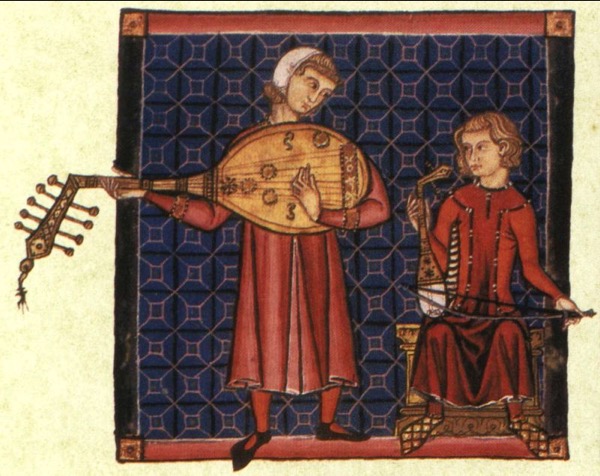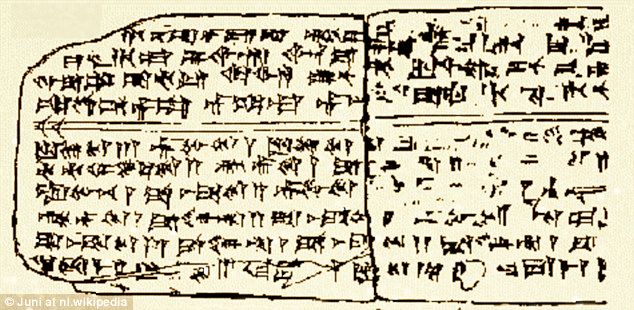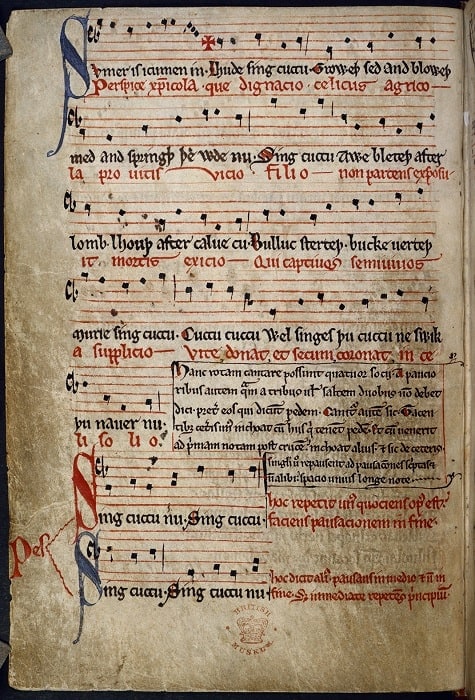

- © 2003 - 2024 Dynamix Productions, Inc. Contact Us 0



"Call me a relic, call me what you will
Say I'm old-fashioned, say I'm over the hill
Today' music ain't got the same soul
I like that old time rock 'n' roll."
Bob Seger
I like music. I like most kinds of music. I like new music and I like old music. At my age, I can honestly say I like the older stuff better than the newer stuff, which is a fact of life. As I studied music in college, I started to appreciate the "old stuff" and how it shaped the current music I was listening to.
I sometimes regret not appreciating music history as I was living in it, but I console myself with the fact that I was a child when the Fab Four were hot and Satchmo was playing his swan song. Years later I came to fully understand how Louis Armstrong's unique musical language established the bedrock foundation that the Beatles used to shake up the world of rock, or how Cab Calloway's scatting and showmanship influenced Michael Jackson.
Hopefully these moments in musical history will be preserved for generations, that is if our descendants can figure out how to play records and project films. Since digital technology has taken over our entertainment industry, there are many songs that only exist in ones and zeros. True, a compact disc has pits etched into its surface to emulate a "one" or pulse, but it still takes an electrical circuit with microchips and software instruction to interpret, decode, and amplify the binary code. A record can theoretically be played acoustically (like an old Victrola) and a film can theoretically be viewed with a focused beam of light from a candle.
I know it must sound like I'm being a fatalist and describing a dystopian future where electricity and computers don't exist – I did grow up watching Planet of the Apes – so you never know. But the last hundred years have proven that the way we consume media can rapidly change, leaving old technology in the dust. Case in point: not many of us still depend on a landline, an honest-to-goodness real newspaper, or a film camera. So archivists are still trying to figure out the best ways to preserve our current glut of media for generations to come. Unfortunately they are losing a race against Moore's Law.
Movies shot entirely in digital can be archived to special high-density magnetic tape cartridges (LTO) with a life span of 30 to 50 years, but that technology leapfrogs itself every couple of years forcing archivists to keep reinvesting in new technology just to have access to the past. Most movies from major distributors are preserved on film and stored in underground warehouses as a worst-case scenario. But film, along with the equipment to play it, probably won't be around in 50 years. Audio is in a worse situation because magnetic tape or digital disc is about the only option for long-term storage. If an artist happens to release a pressed LP, then that could be music's doomsday plan, but what about all the wonderful podcasts, radio shows, oral histories, and other programs that are worth saving? It truly is a pickle we're in.
Maybe we should just etch everything in stone tablets, those seem to last. In the 1950s, archeologists excavating the ancient Syrian city of Ugarit (about 75 miles southwest of Alepo) dug up 29 stone tablets. The text on these 4,000 year old tablets is believed to be inscribed by the Akkadians, a Bronze Age Semitic people living near the Mediterranean Sea. "The Akkadians" would be an excellent name for a rock band, by the way - get it, rock band? There were 36 hymns in the collection, but most were in fragments. However, one survived almost entirely intact: "Tablet h.6," a hymn to Nikkal, the Hurrian goddess of orchards.
This one tablet contains the oldest surviving melody. Written in the 30-letter Ugaritic alphabet, the tablet includes instructions for the singer to be accompanied by a sammûm, a nine-stringed harp or lyre-like instrument. I can't make heads or tails out of the inscriptions, but musicians have interpreted the ancient notations and offered their own recordings, albeit in digital form.
I gave you the rock, now for the scroll. The earliest music not etched in stone is the "Oxyrhynchus Hymn" from about the 3rd century CE. It's written on papyrus and is the oldest surviving Christian Greek hymn. The ancient inscription is part of a 1918 discovery of thousands of manuscripts in Oxyrhynchus, Egypt. It includes both lyrics and a melody and has also been interpreted by modern musicians. "Oxyrhynchus" would NOT be a good name for a rock band (I think Dave Berry would agree).
For us English speakers, the oldest surviving song is from the mid 13th century. "Summer Is Icumen In" ("Summer Canon" or "Cuckoo Song") is written in the Wessex dialect of middle English. It's a song about the start of summer, and the instructions (in the red Latin words beneath the lyrics) suggest six people to sing it, almost in "Row-row-row-your-boat" fashion. It's the oldest known polyphonic composition for six voices. It's a fun and peppy song, here's a modern recording of it.
The document has a very interesting history. It was probably owned by William of Winchester, a music-loving, woman-loving monk who once had to answer to the Bishop of Hereford for his digressions. Given the lifestyle of its owner, the song can be interpreted as either innocent or bawdy (the word cuckoo could also be translated as cuckhold (a man's unfaithful wife). Whatever the original intent, it includes the earliest written example of the word fart. You be the judge:
Summer has come in,
Loudly sing, cuckoo!
The seed grows and the meadow blooms
And the wood springs anew,
Sing, cuckoo!
The ewe bleats after the lamb
The cow lows after the calf.
The bullock stirs, the goat farts,
Merrily sing, Cuckoo!
Cuckoo, cuckoo, well you sing, cuckoo;
Don't ever you stop now,
Ground (sung by two lowest voices)
Sing cuckoo now. Sing, Cuckoo.
Sing Cuckoo. Sing cuckoo now!
4,000 years from now, when archeologists are digging down into the ground; when they're uncovering our monuments to entertainment like the Capital Records Building, or Graceland, or the Hollywood sign; when they're looking for some fragment of text, or picture, or sound that will tell them what we were like; I hope that we don't suffer the same fate as the Akkadians and have just one single song that represents our entire civilization. If there is only one song, then let's pray to the gods – to the great Nikkal herself –that it is not "The Farting Song" from Bob's Burgers.